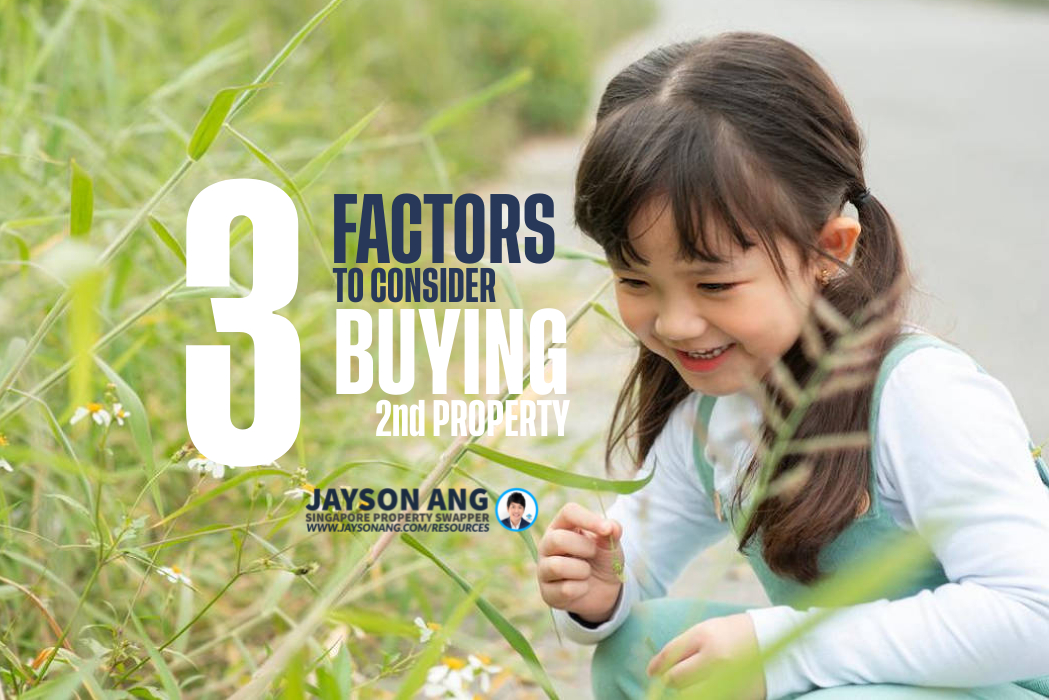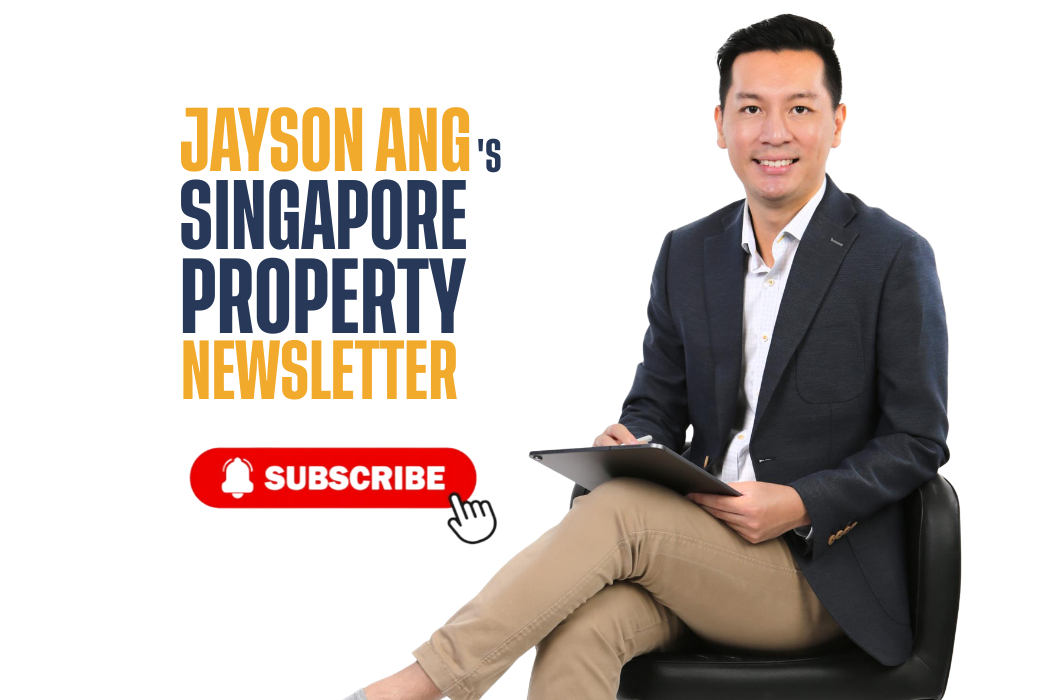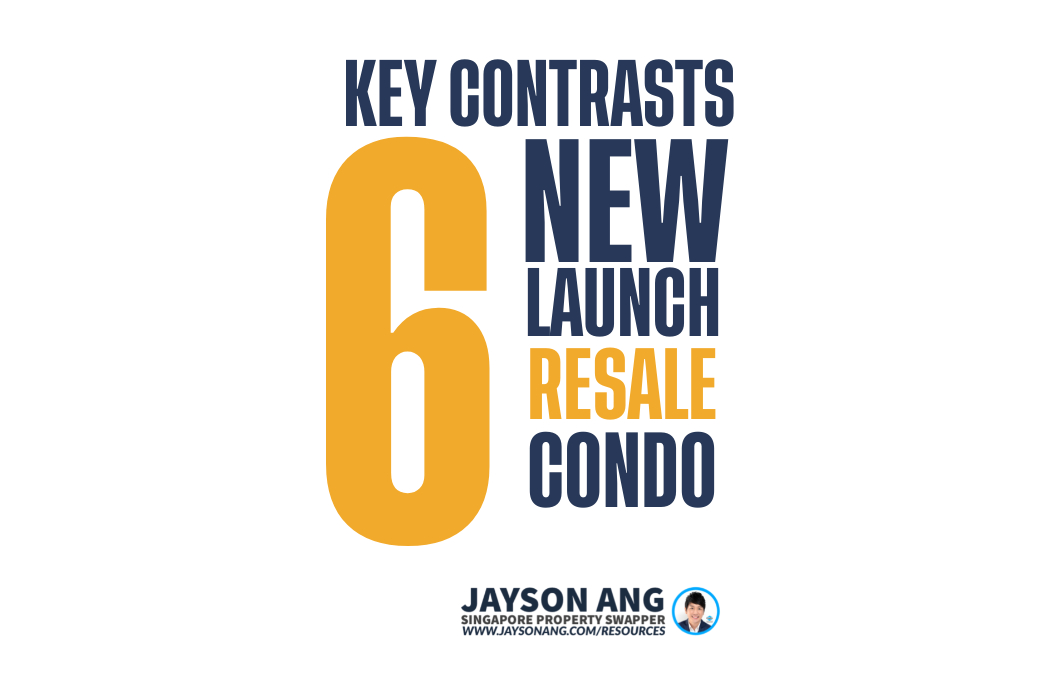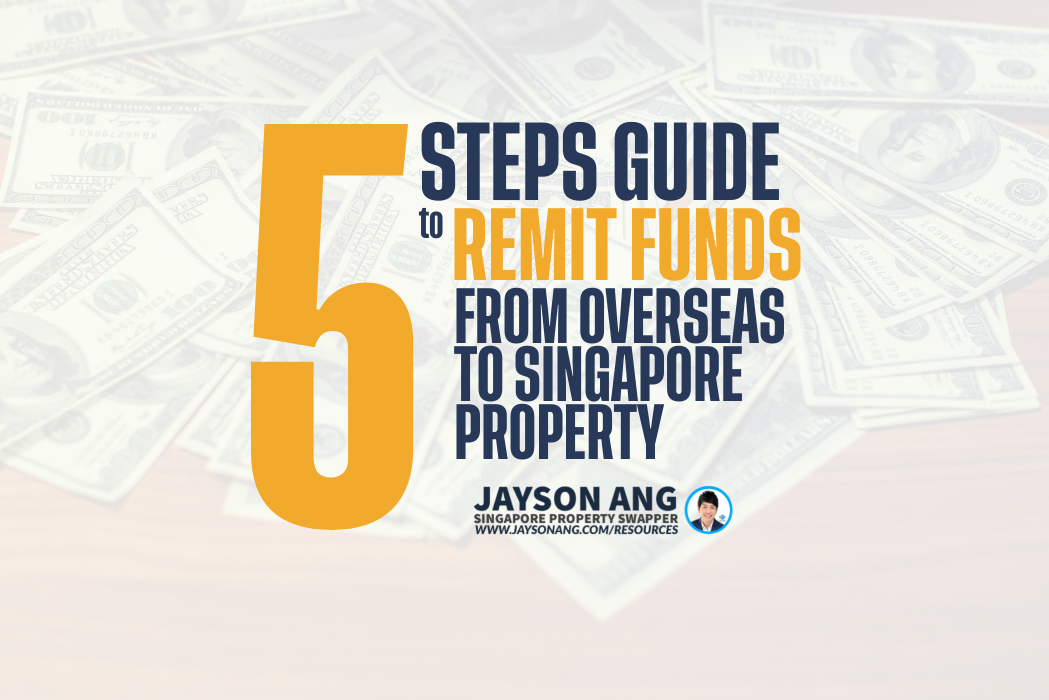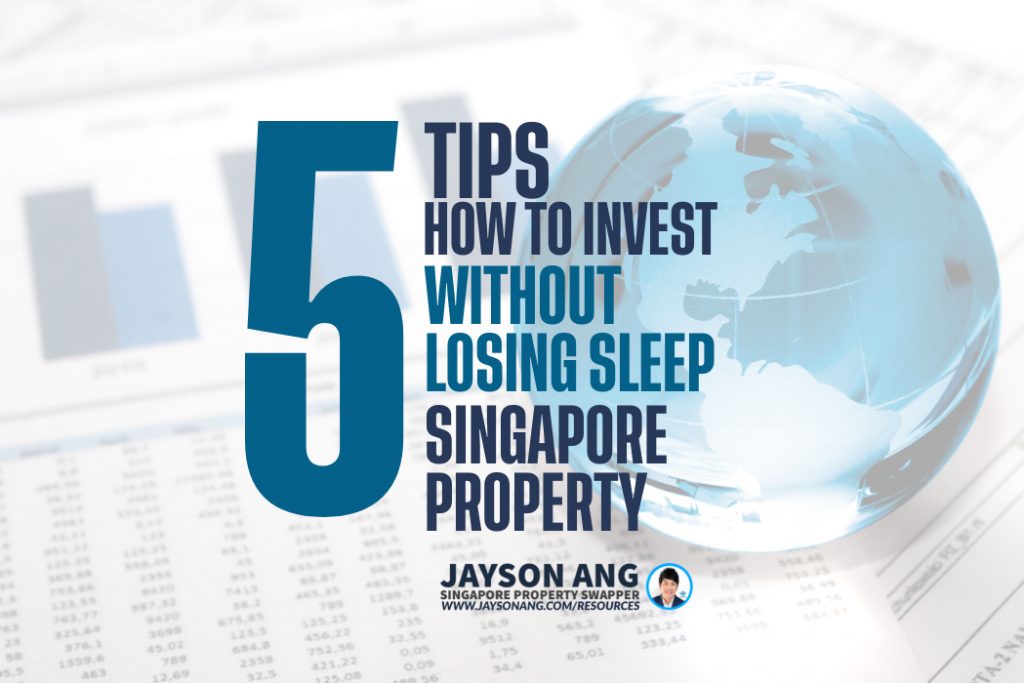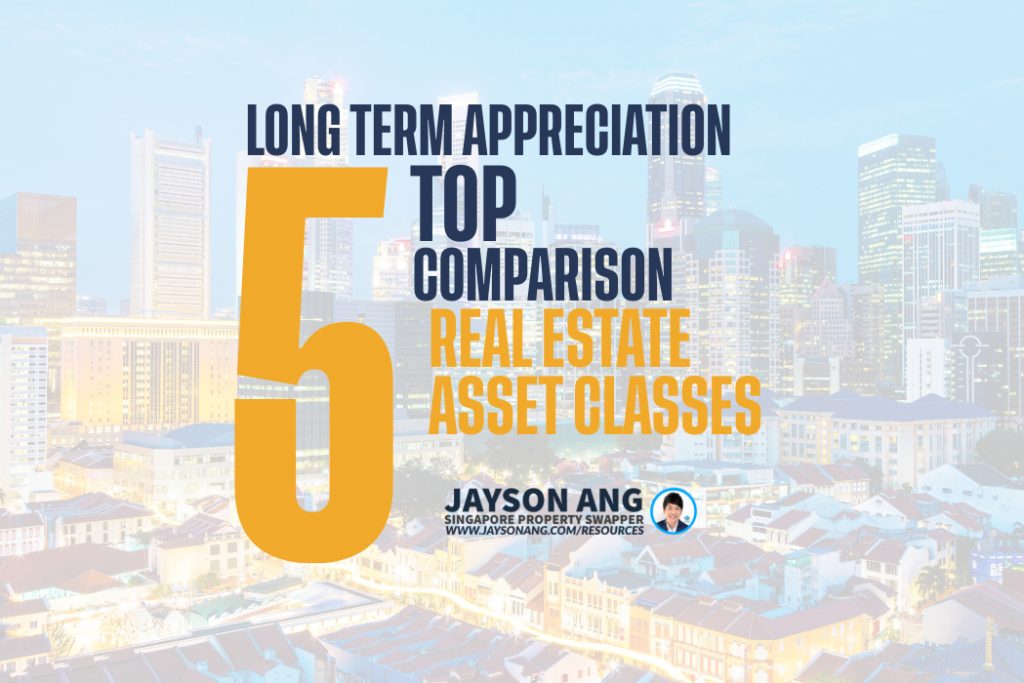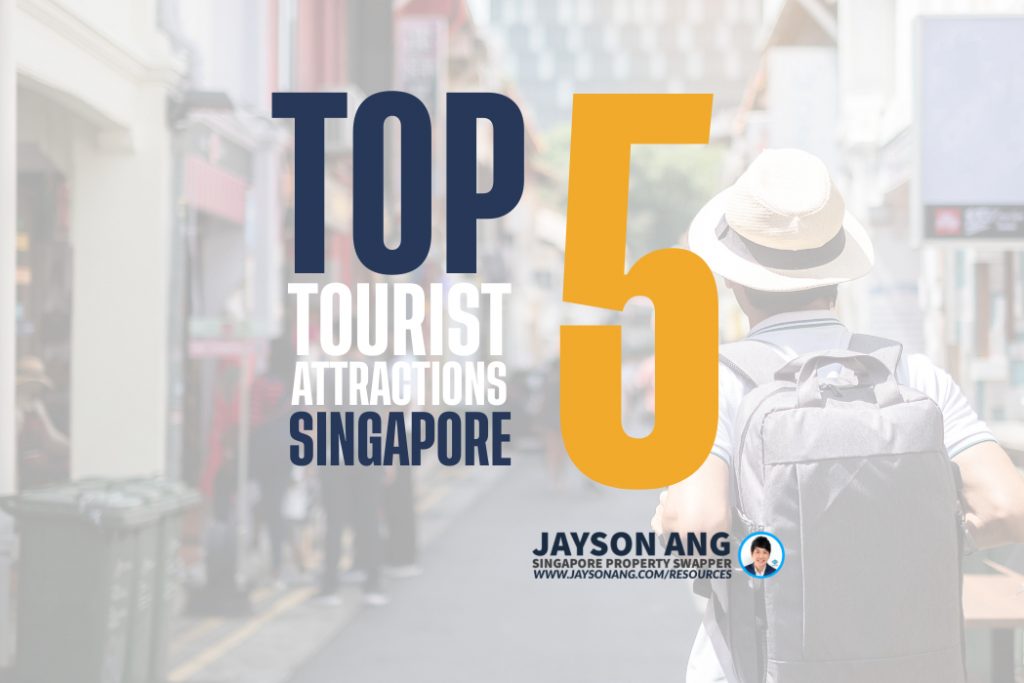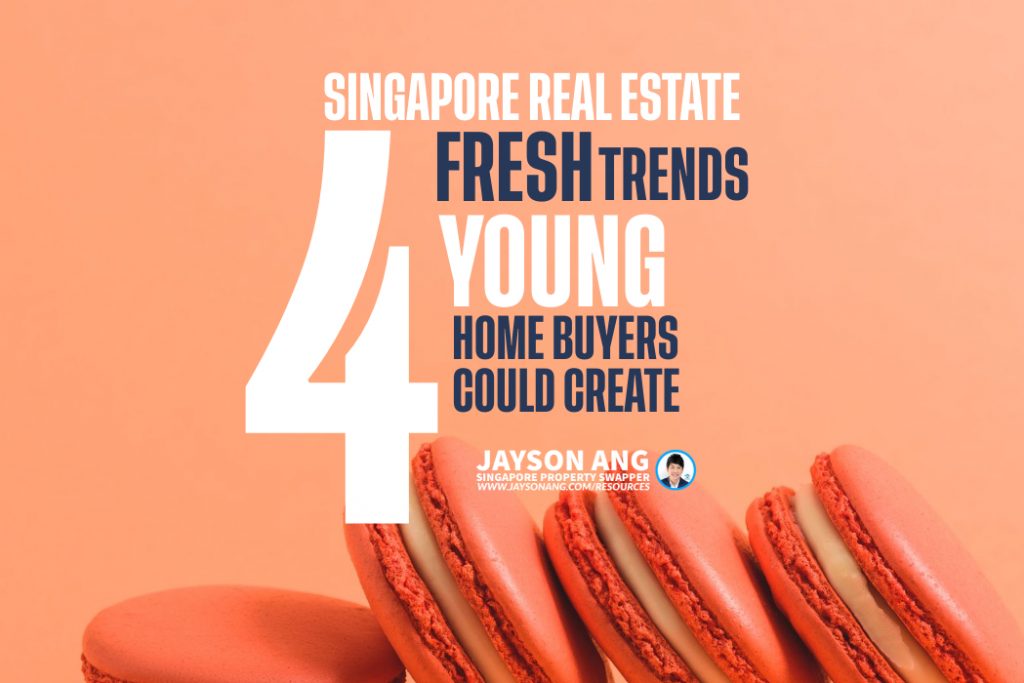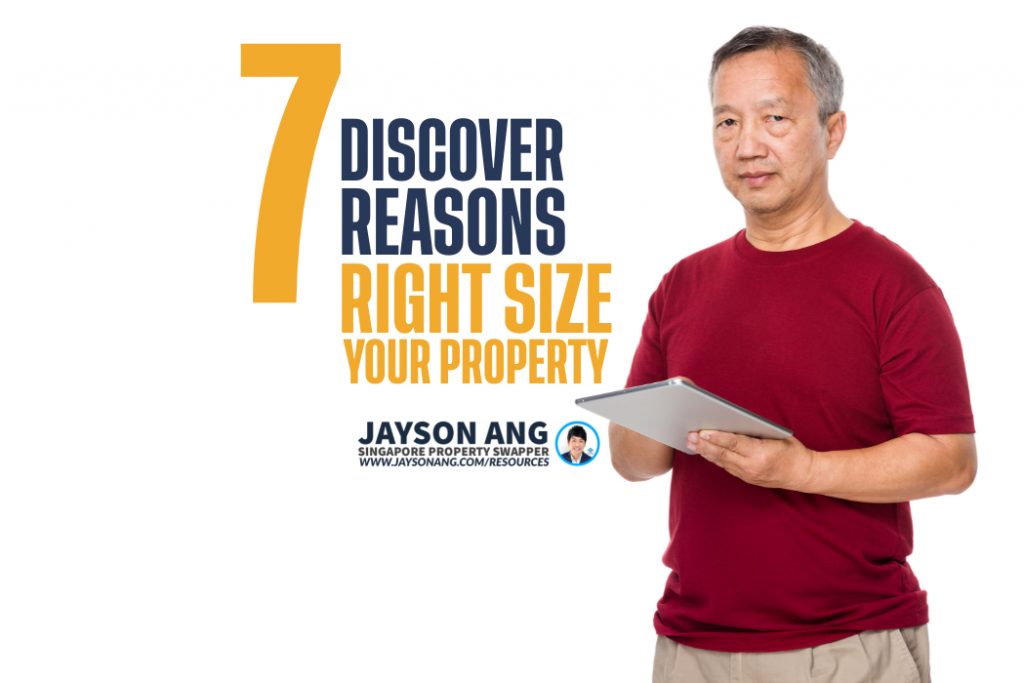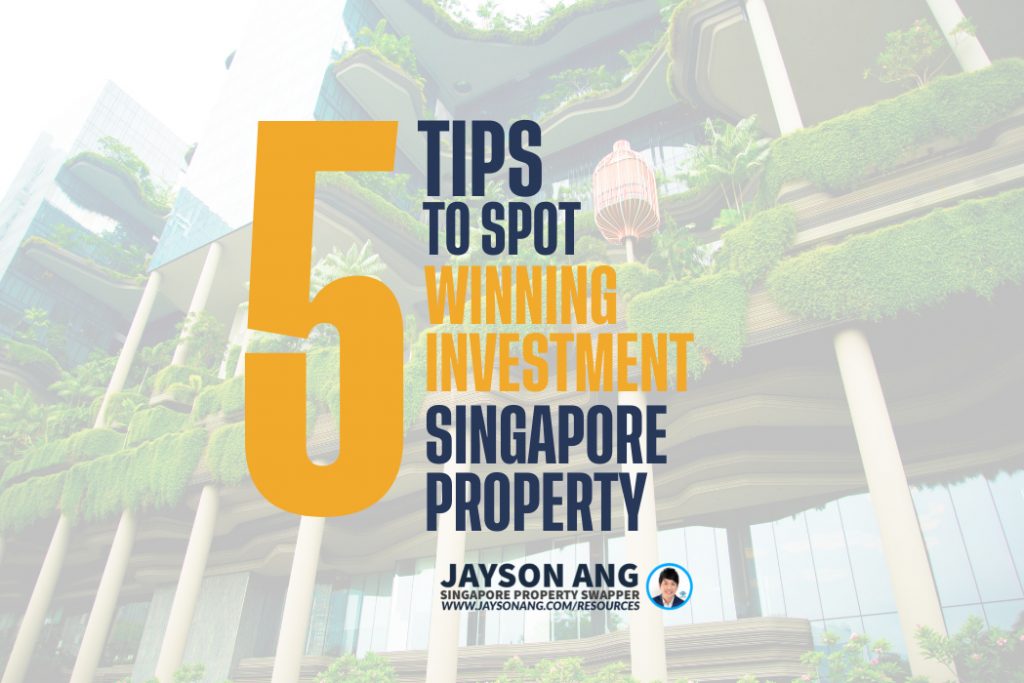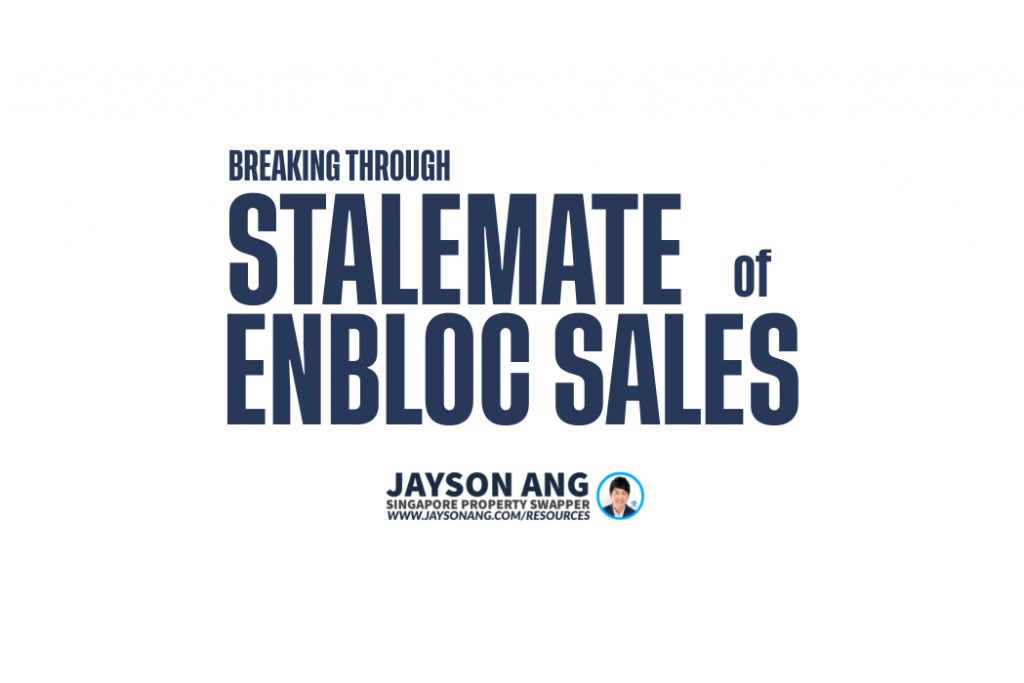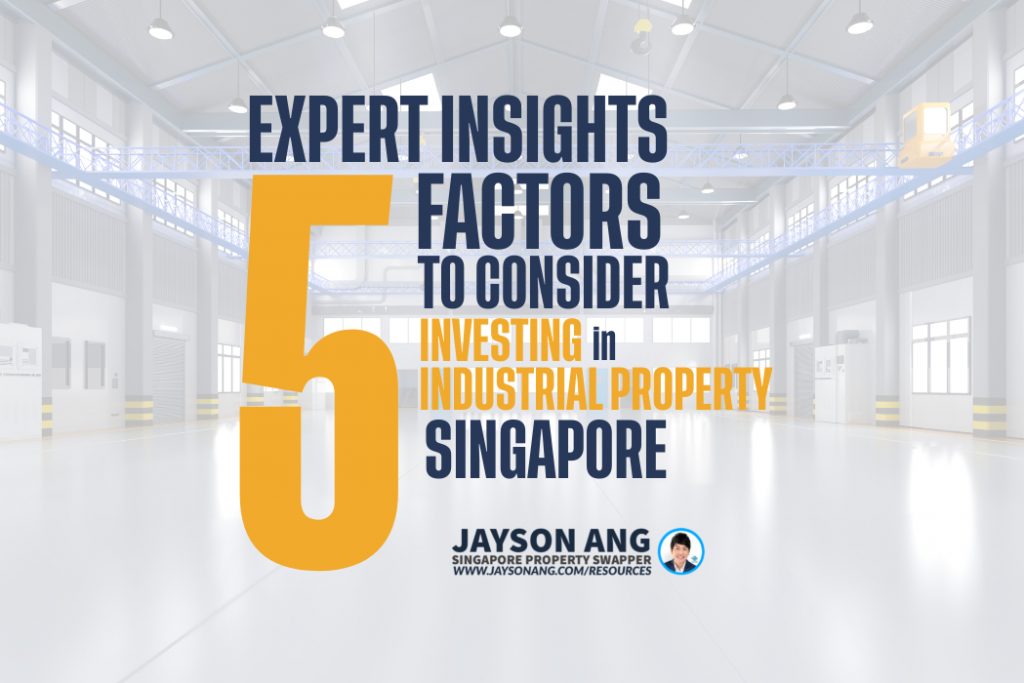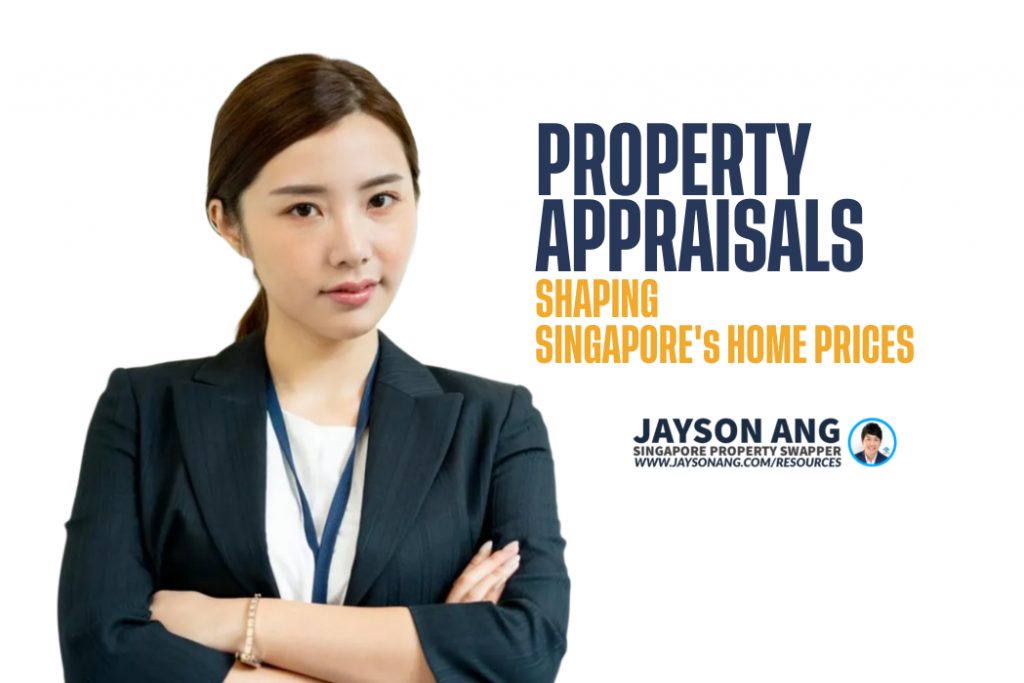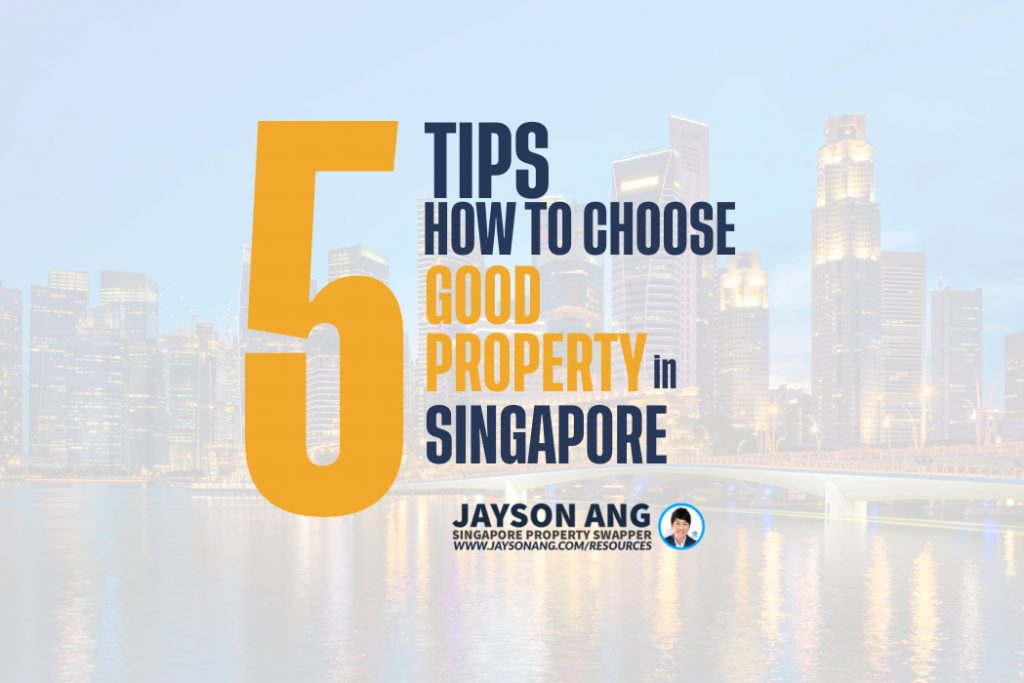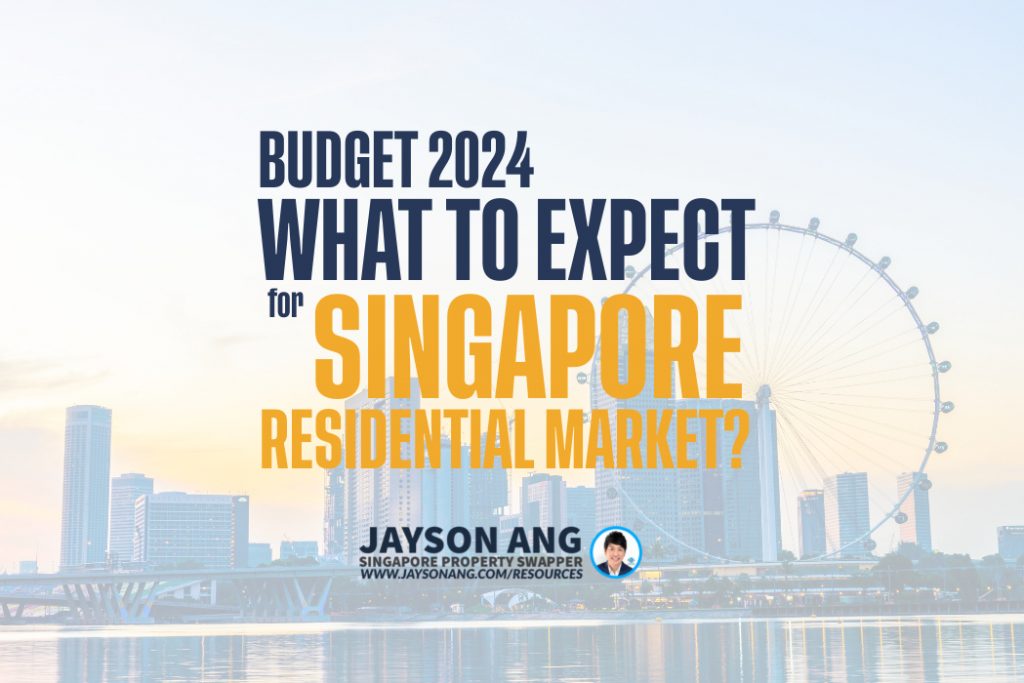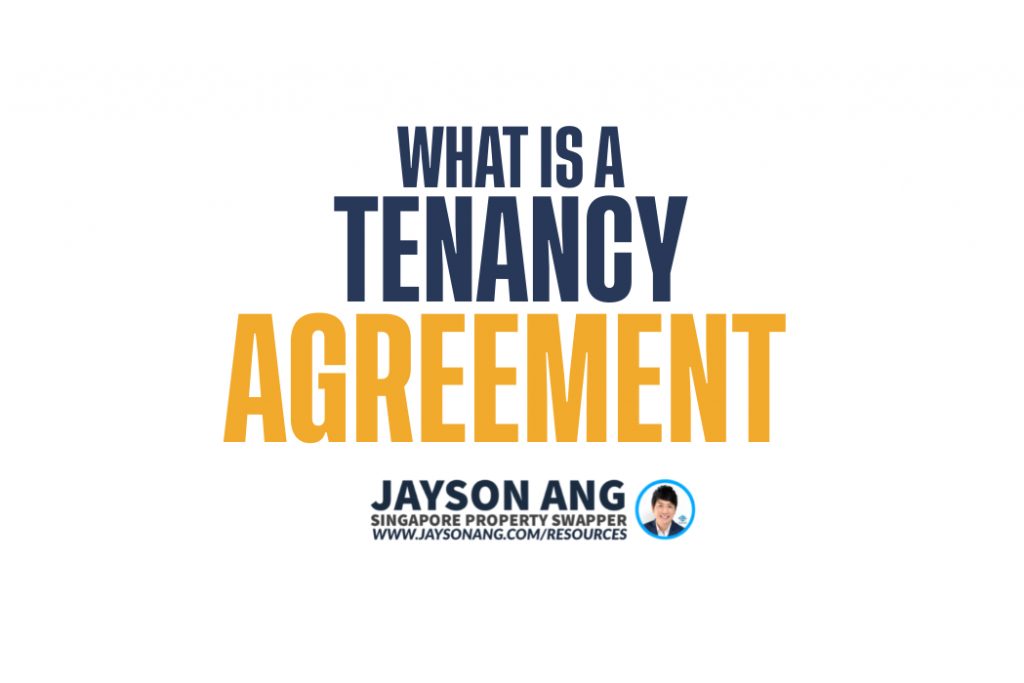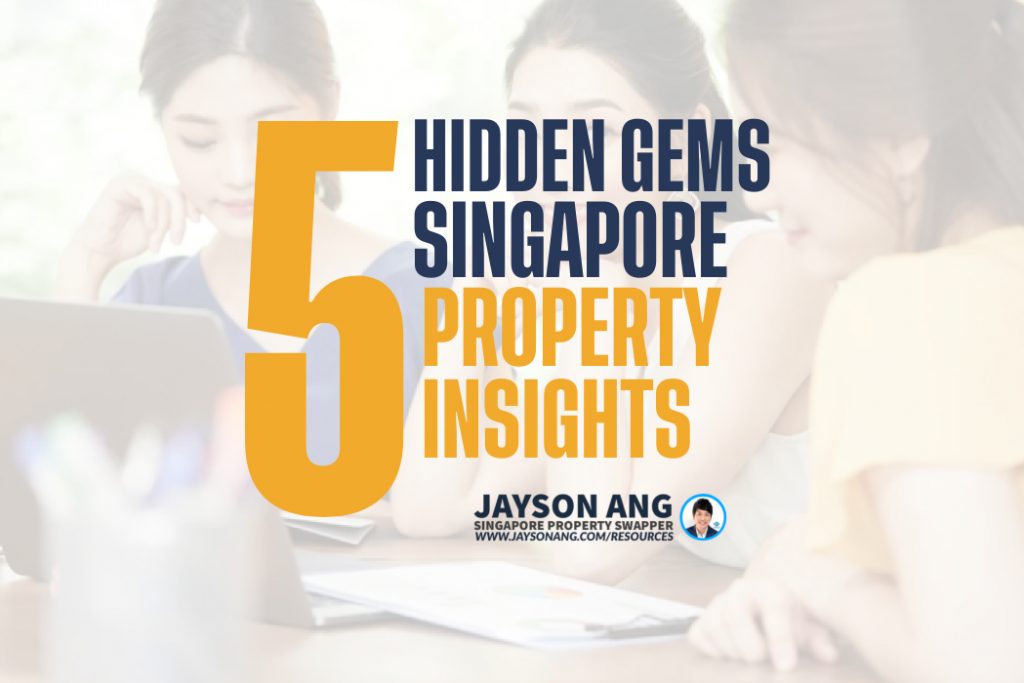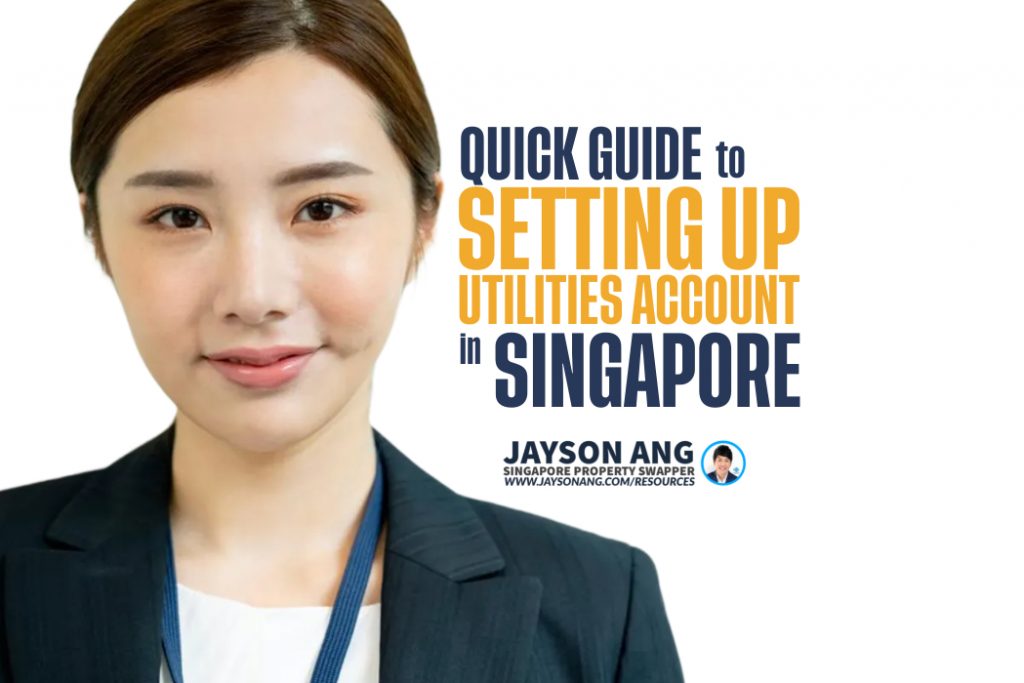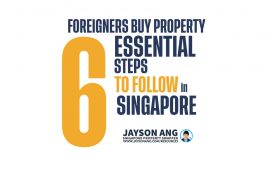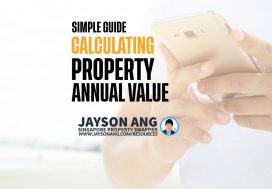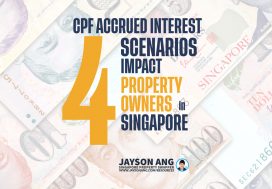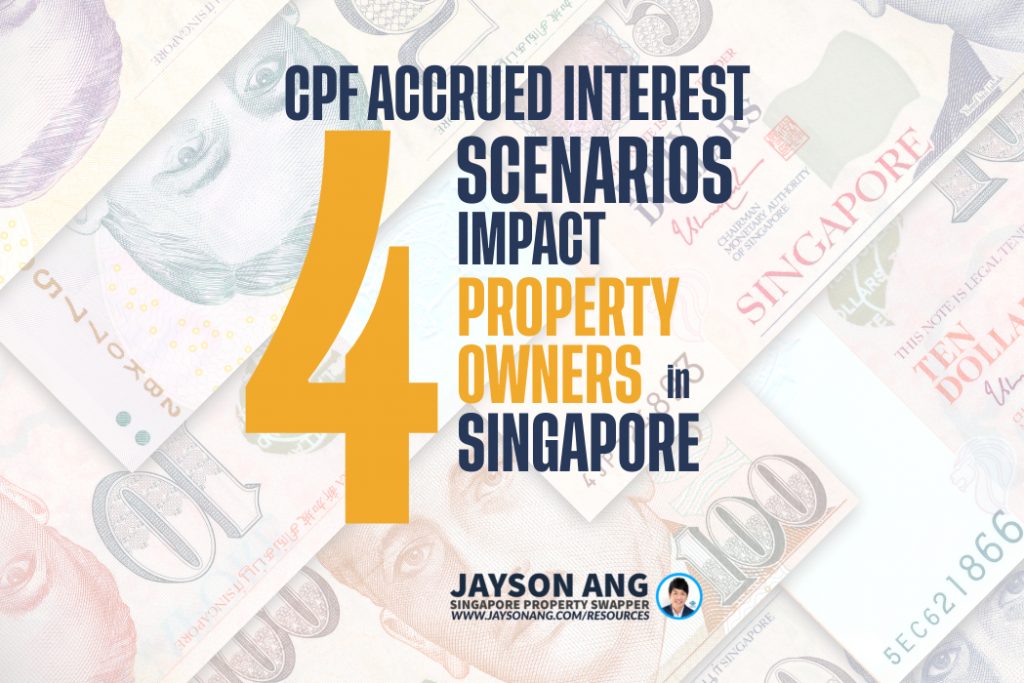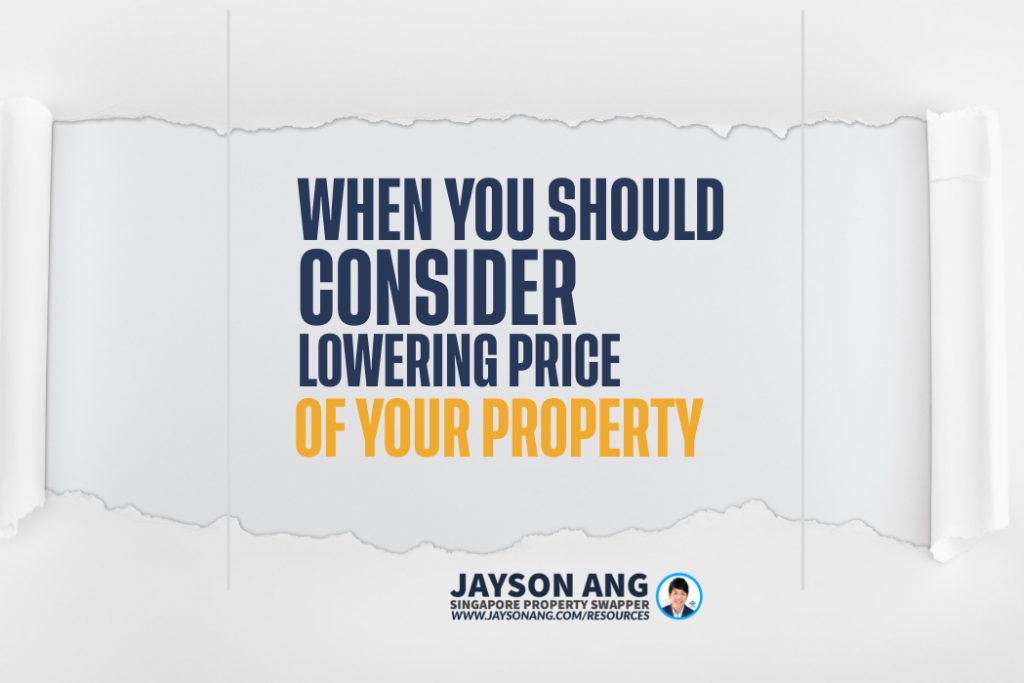TLDR
When navigating the complexities of purchasing a second property in Singapore, ensure you meet eligibility criteria, consider affordability factors like TDSR and LTV ratios, and understand the impact of intent on property tax rates. Look out for new regulations on living trusts affecting ABSD, changing property tax rates, and guidelines for using CPF for a second property. Make strategic decisions based on whether the property will be an investment or a second home, keeping in mind tax implications. Seek expert advice to make informed choices and maximize success in your real estate journey.
Singaporeans boast one of the highest rates of homeownership in the world due to most owning at least one property.
Purchasing multiple properties as an investment is commonplace for Singaporeans, allowing for rental income generation.
However, before investing in a second home, be sure to evaluate the criteria of eligibility, affordability and intent.
1. Eligibility
Remember the Minimum Occupancy Period (MOP)
If you already own a HDB flat, you must wait at least five years before you can purchase a second property in Singapore – this applies to both new and resale flats.
As a reminder, Executive Condominiums remain classified as HDB properties until the 10th year of ownership, so the MOP still applies in this case.
2. Affordability
How Much Can You Borrow For Your Second Property?
The determining factors for your loan eligibility that banks consider are primarily these two:
1. Total Debt Servicing Ratio (TDSR)
The Total Debt Servicing Ratio (TDSR) encourages individuals to avoid devoting more than 55% of their monthly income to paying off any combination of loans, such as car, home, personal or even student loans. Furthermore, the maximum amount a borrower should contribute towards their HDB flat’s repayment instalment is 30% of their gross monthly salary.
2. Loan-To-Value (LTV) ratio
In Singapore, banks and HDB may not necessarily offer you the maximum Loan-To-Value ratio (LTV). Both entities are allowed to set a lower LTV depending on the borrower’s age and the existing number of properties they own. HDB loans typically have an LTV of 85%, while bank loans come with an LTV of 75%.
The Minimum Cash Down Payment
You must pay up to 25% of your property’s down payment in cash for your second property. The amount is calculated based on either the property’s valuation or purchase price, whichever is lower, plus any additional sum over the valuation limit.
The Additional Buyer’s Stamp Duty (ABSD)
Singaporeans will be subject to a 17% Additional Buyer’s Stamp Duty when acquiring a second residential property, with Permanent Residents facing a 25% ABSD and foreigners capping off at 30% after December 2021 – whichever figure is greater.
Take a look at the ABSD rates for buyers of different profiles, depending on how many properties they own!
As of May 9, 2022, new regulations will be in place regarding residential properties that have been placed in a living trust.
The government is closing the loophole of not having to pay Additional Buyer’s Stamp Duty (ABSD) of 35% when transferring residential property into a living trust, even if there is no identifiable beneficial owner. This ABSD (Trust) must now be paid upfront when the transfer is made.
Property Tax
At the Singapore Budget on February 18, 2022, the government declared that the Property tax rates for both owner-occupied and non-owner-occupied residential dwellings would be adjusted over two years, commencing from 2023.
For owner-occupied homes with an annual value over $30,000, the taxes will be elevated to 5-23 percent in 2023, followed by an additional increase of 1-9 percent in 2024.
As for non-owner-occupied dwellings, including investment properties, the taxes will rise steadily, jumping from the current 10-20 percent, to 11-27 percent in 2023 and a whopping 12-36 percent in 2024.
Using CPF for your second property
If you’re looking to purchase a second property with your CPF, you’ll need to make sure you have not already used your CPF for the first property, and that you have set aside the Basic Retirement Sum (BRS).
Additionally, there is a limit of 120% of the valuation limit when it comes to using CPF savings to buy private residential properties – once you have reached the Withdrawal Limit, you will have to make the remaining home loan payment in cash.
3. Intent
Decide Whether The New Property Will Be An Investment Or A Second Home
Are you thinking of investing in the second property or using it as a primary residence for your family members? It matters, because the type of usage will influence your property tax rate.
Generally speaking, if you’re using it as an owner-occupied residence, you’ll have to pay between 0-16% in taxes, whereas if it’s being rented out, the rate goes up to 10-20% of the annual value – which is calculated by the IRAS based on its potential yearly rental income.
If The Second Property Is An Investment, Ensure There Is A Clear Exit Plan For The Asset
Before committing to a second property in Singapore, it would be prudent to devise a plan that takes into account a variety of factors, including the length of your intended stay, a cut-off point in case rental income is not up to scratch, and expected capital gains. Refrain from merely seeking more money, as this may not lead to a satisfactory Return On Investment.
Create a strategy that maximizes your prospects for success!
Frequently Asked Questions Before Buying A Second Property
1) Can I Manage The Downpayment If I Have An Outstanding Home Loan?
Buying a second property is a major financial undertaking, so it’s a smart idea to ensure you have plenty of savings before taking the plunge. If you need assistance assessing the situation, I’m here to provide you with a comprehensive evaluation.
2) What Is The Most Suitable Property For Rental?
If you’re planning to rent out your property, the type of property you have can determine the kind of tenant you draw in.
For instance, a shoebox unit in the heart of Orchard Road may attract single, high-income expats. Get the best advice and find the perfect solution for you by speaking me.
3) Will The Government Decide To Build A Skyscraper In The Future Next To My Second Property?
You can take a look at the URA’s Master Plan, the legal blueprint that will shape Singapore’s growth over the next decade and a half.
4) Is It Worth Getting A Second Property Near Good Schools?
If you’re searching for a home close to a prestigious primary school, you may find yourself in the midst of a bidding war! With high demand, properties located within a 2 km radius of the school can sell for a hefty premium.
Should You Buy, Sell or Wait?
If you’re reading this, you must be trying to figure out the best course of action right now: is it the right time to buy or sell?
It’s difficult to give an exact answer since everyone’s situation is unique and what works for one person may not necessarily work for you.
I can bring you a wealth of on-the-ground experience and a data-driven approach to provide clarity and direction. From beginners to experienced investors, our top-down, objective approach will help you on your real estate journey.
I can help you by:
- Offering Strategic Real Estate Advice – I can help create a comprehensive plan to guide you through your property journey.
- Connecting Your Home with the Perfect Buyers – Through stunning visuals, an effective communication strategy, and an in-depth knowledge of the market, we’ll ensure your home is presented in the best possible way to fulfill your goals.
You May Also Like …

